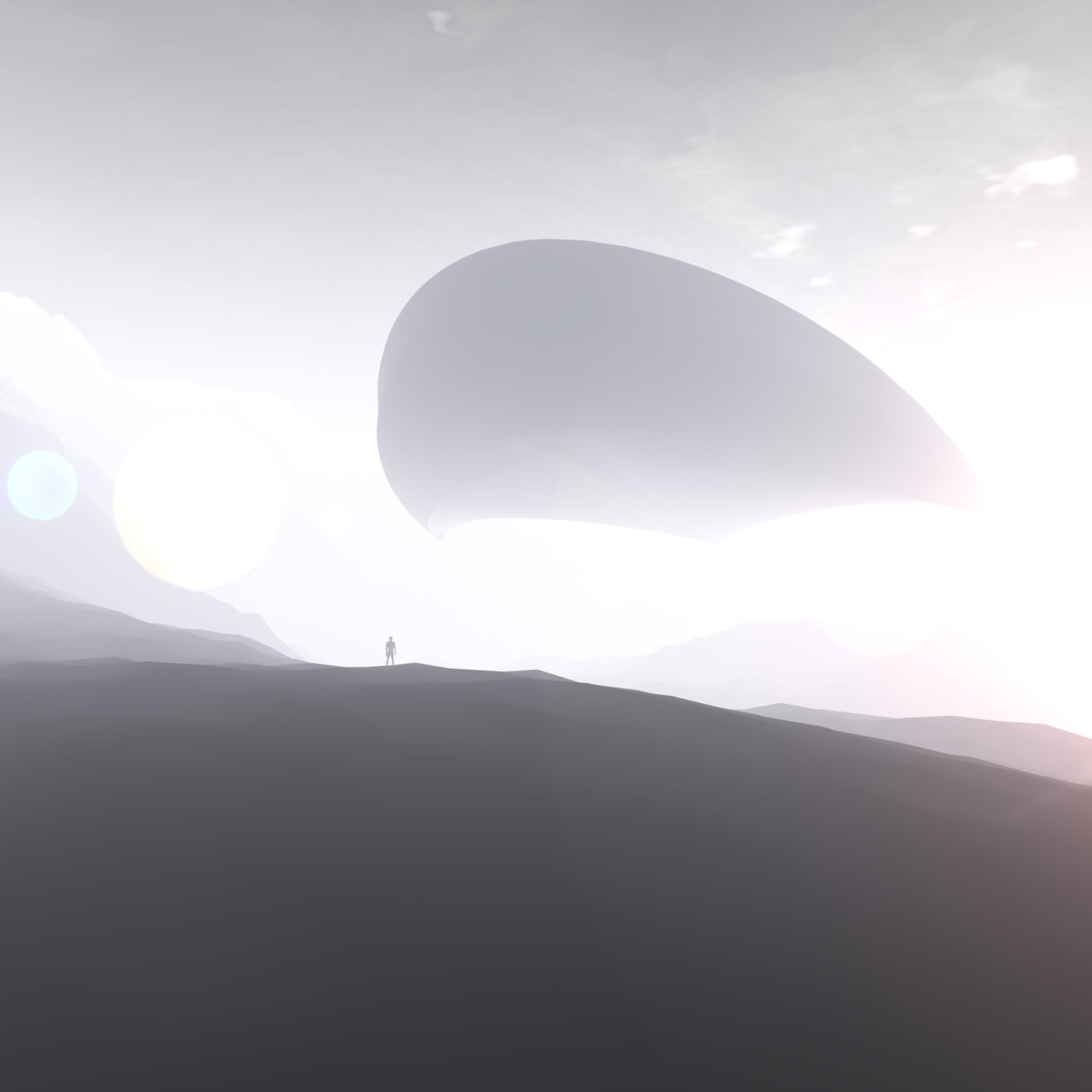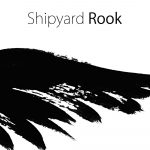2020
MUSIC
Too Late To Survive, Too Early To Die
At the dawn of the 2020s, Justin returns to the piano for his first contemporary album since 2013's Contact. This time, he comes armed with a vast array of instruments that he uses to infuse his songs with a sense of breadth and urgency against the backdrop of climate change and widespread political retreat from science and reason.
A departure from the unaccompanied, spartan melodies of his previous piano albums, here Justin trades introspective thoughts and intentional restraint for cinematic sequences that let his compositional skills shine through an entirely new lens. His songs remain as tender as ever, but for the first time they're backed with an orchestral range through which he tells his fullest story yet. The resulting seventeen songs are like a soundtrack begging to be paired with a black and white film.
A departure from the unaccompanied, spartan melodies of his previous piano albums, here Justin trades introspective thoughts and intentional restraint for cinematic sequences that let his compositional skills shine through an entirely new lens. His songs remain as tender as ever, but for the first time they're backed with an orchestral range through which he tells his fullest story yet. The resulting seventeen songs are like a soundtrack begging to be paired with a black and white film.

This Is Progress
When There Were Animals
2019
After a six year hiatus, Justin returned as When There Were Animals with an 80's-inspired instrumental album filled with synths and beats. This Is Progress debuted in early 2019 as an album of fifteen tracks, and was re-issued later that year as a deluxe edition featuring four additional tracks.
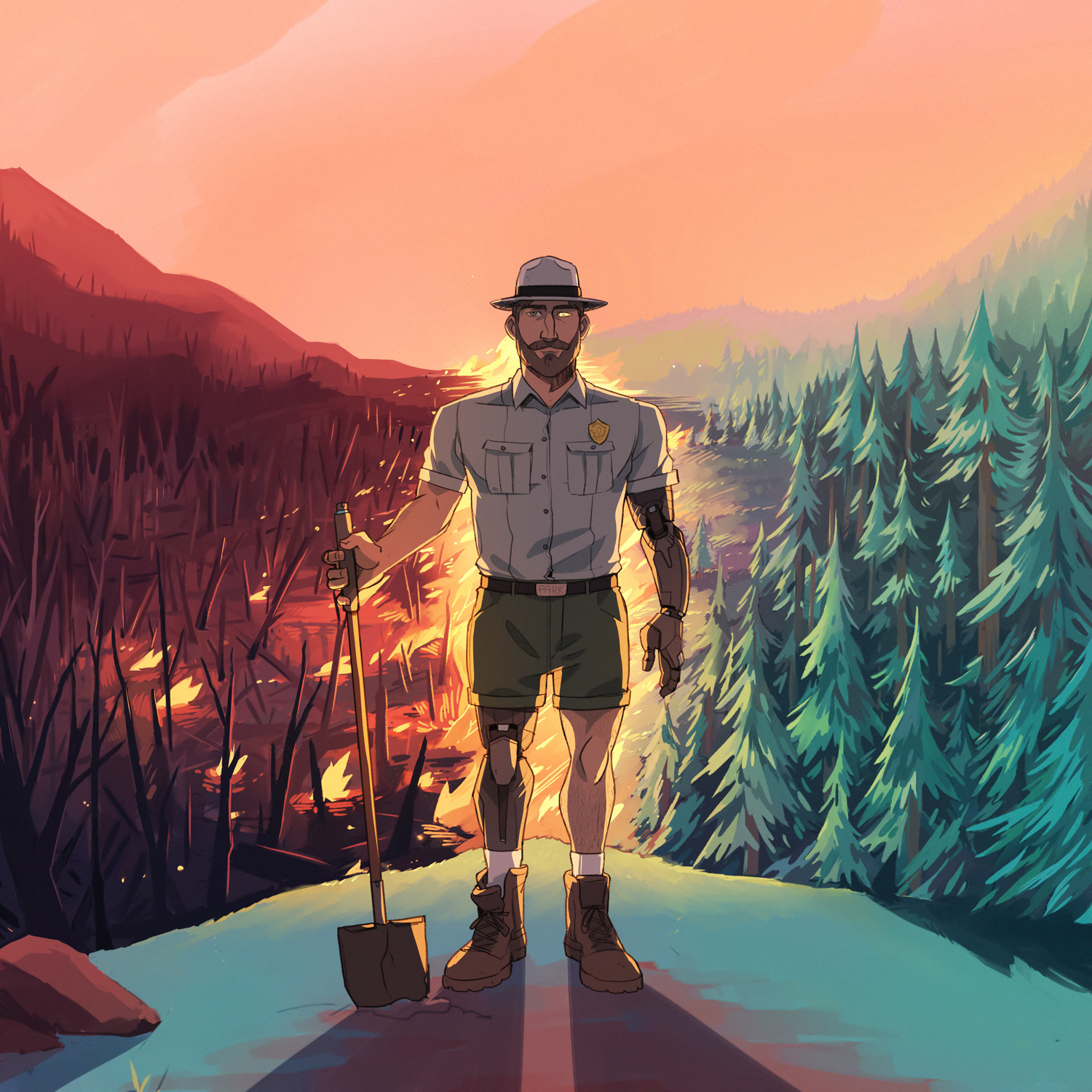
Contact
2013
In some ways a sequel to 2012’s Origin, Contact unearths feelings of inertia, chaos, and the link between completion and destruction. Where Origin was an exploration of youth and the beginning of a journey, Contact takes us to the end of that journey to witness the transformation that occurs at any crossroads.
With sixteen songs in all, Contact is at times playful, heartbreaking, and adventurous.
The standout track Zero is a collaboration of sorts, having been creatively composed and then algorithmically redesigned. The results are eerily automated but unmistakably human.
The standout track Zero is a collaboration of sorts, having been creatively composed and then algorithmically redesigned. The results are eerily automated but unmistakably human.

Origin
2012
Origin began with a single solo piano track, the title track, a song so hauntingly simple and complete that it took another three and a half years to weave it into a larger story and the accompaniment it deserved and hardly required.
As the name suggests, Origin is about beginnings, about creation in the greatest sense. It’s about the universe and our tireless efforts to explore and understand it. Yet it's also more specific than that: it’s about being a kid and looking up at the stars, wondering what’s out there and hoping to see it someday. It’s about curiosity, wonder, and innocence.
As the name suggests, Origin is about beginnings, about creation in the greatest sense. It’s about the universe and our tireless efforts to explore and understand it. Yet it's also more specific than that: it’s about being a kid and looking up at the stars, wondering what’s out there and hoping to see it someday. It’s about curiosity, wonder, and innocence.

RE
Ambulephabus
2009
Justin's work has always occupied two distinct realms: his solo piano compositions reflect his earliest musical training and first love, while much of his other music shows off his clear devotion to electronic music and a tireless expansion of his musical vocabulary.
In 2008, after finishing Kingdom Crumble, he set out to create an entirely new rendition of those same melodies, a re-imagined version of the album that trades most of its solo piano for vast soundscapes and an impressively broad range of sonic flavors. It's an echoing, rhythmic take that beautifully compliments its original inspiration.
In 2008, after finishing Kingdom Crumble, he set out to create an entirely new rendition of those same melodies, a re-imagined version of the album that trades most of its solo piano for vast soundscapes and an impressively broad range of sonic flavors. It's an echoing, rhythmic take that beautifully compliments its original inspiration.

Kingdom Crumble
2008
Full of grand musical panoramas, churning monologues, and flittering breezes, this album of solo piano compositions practically gives the listener a seat at the keyboard. There's no stone left unturned in this intimate catalog of melodies that are at times unexpected while never for a moment losing the unmistakable signature of Justin's hand.
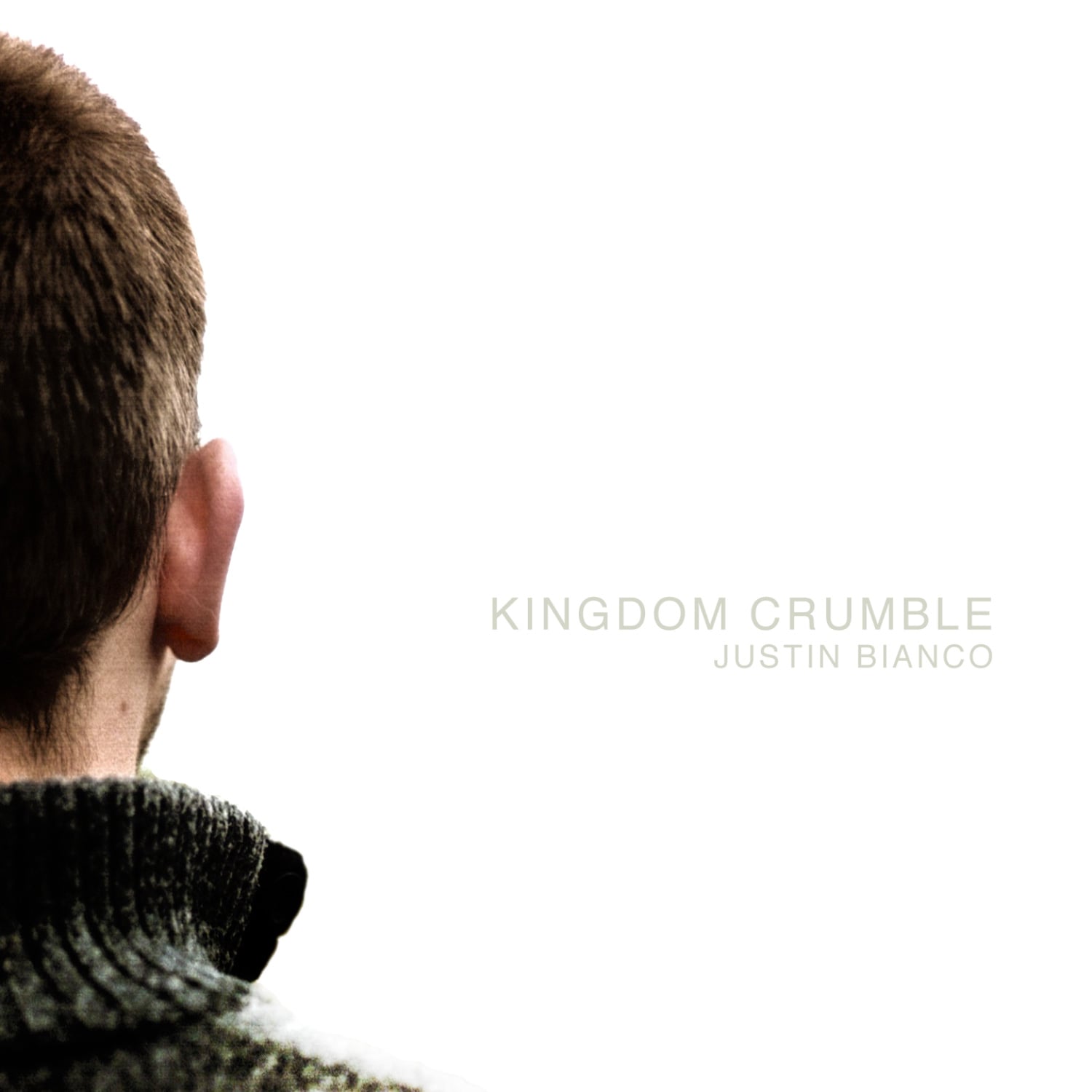
Nocturnum
2007
Originally a nine-track EP created over an incredibly short few days, Nocturnum is an unflinching accounting of its own inspiration. It's a mechanical, dark story that documents the sting of simultaneous intimacy and loneliness while tunneling through self-destruction into a second act that continues the album's exploration without reaching for conclusions or tempering its foundational spark.
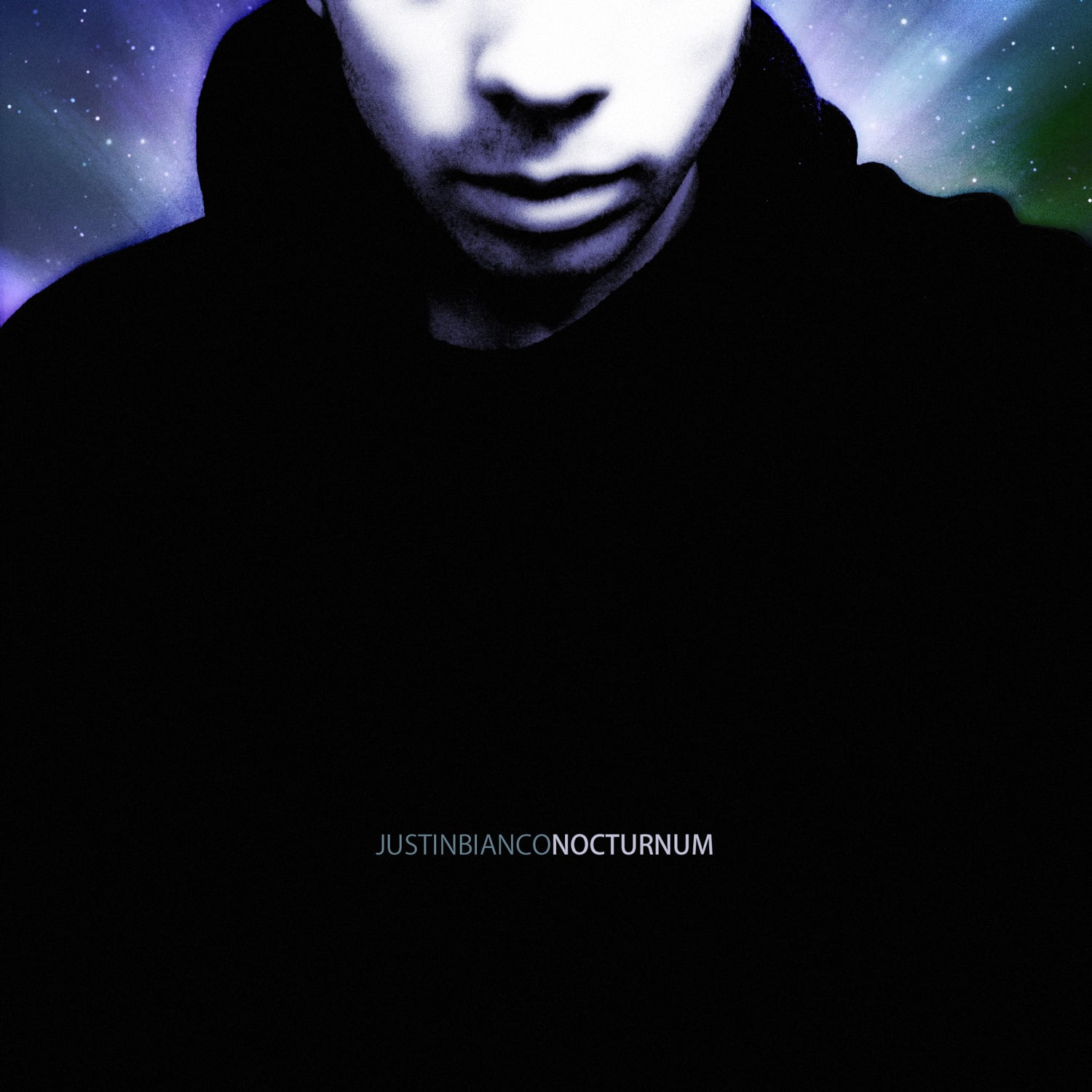
Extrasensory
2007
The second track, One Man Band, tells you most of what you need to know about Extrasensory. It's an album that puts Justin's search for more instruments and more detail on full display. Ever the solo artist, Justin reaches for new sounds and techniques to push his limits and create songs that are unmistakably his without retreading his past work.
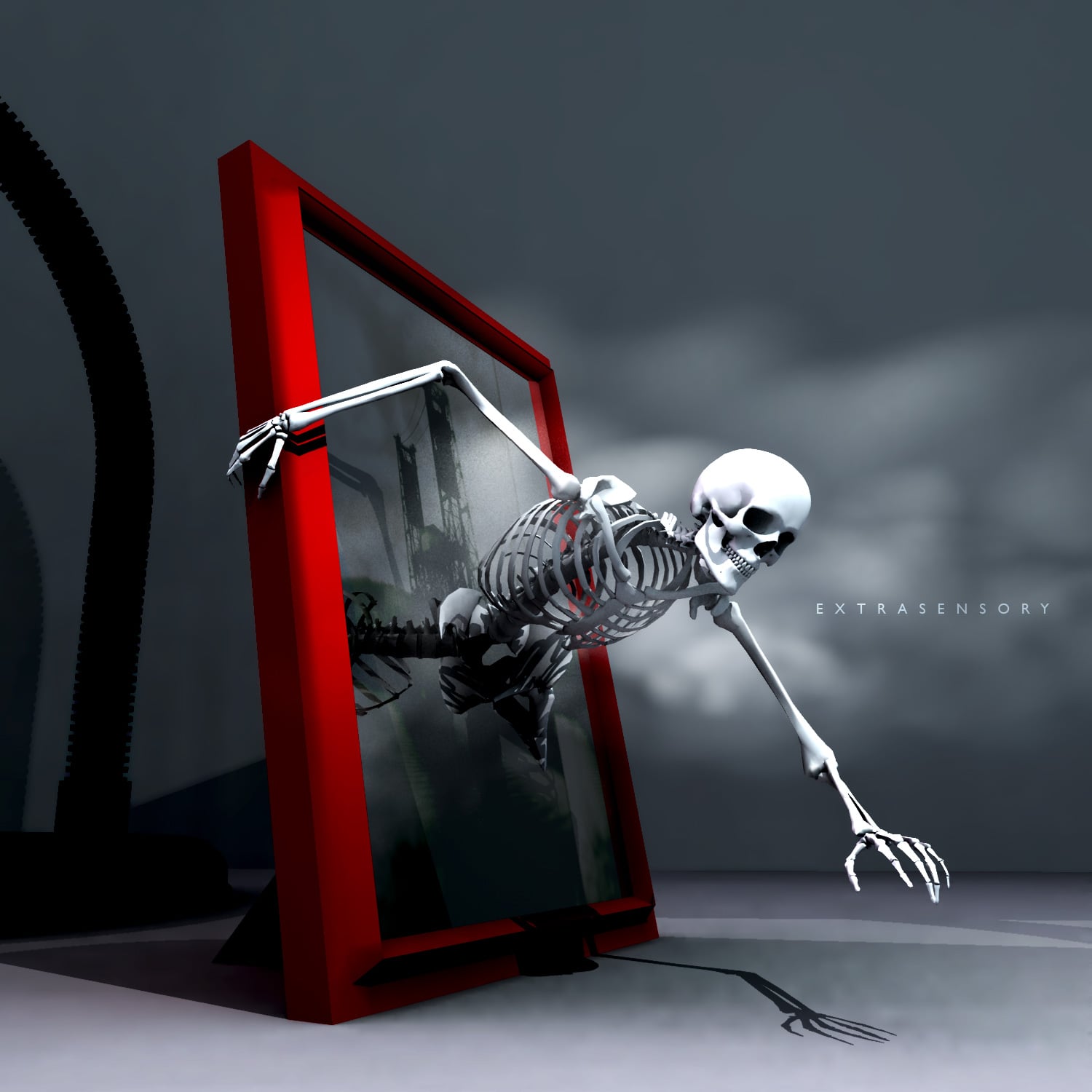
Blackbird
2007
Darker and quieter than its predecessor, Duality, Blackbird clearly draws its inspiration from the winter landscape. In some ways it marks an inflection point for Justin's piano music as he transitions away from heavily structured compositions into two tracks: pensive stream-of-consciousness recordings based on lightly sketched out musical poems, and a few heavily layered and arranged pieces that give him room to explore the full breadth of his instrument's range.
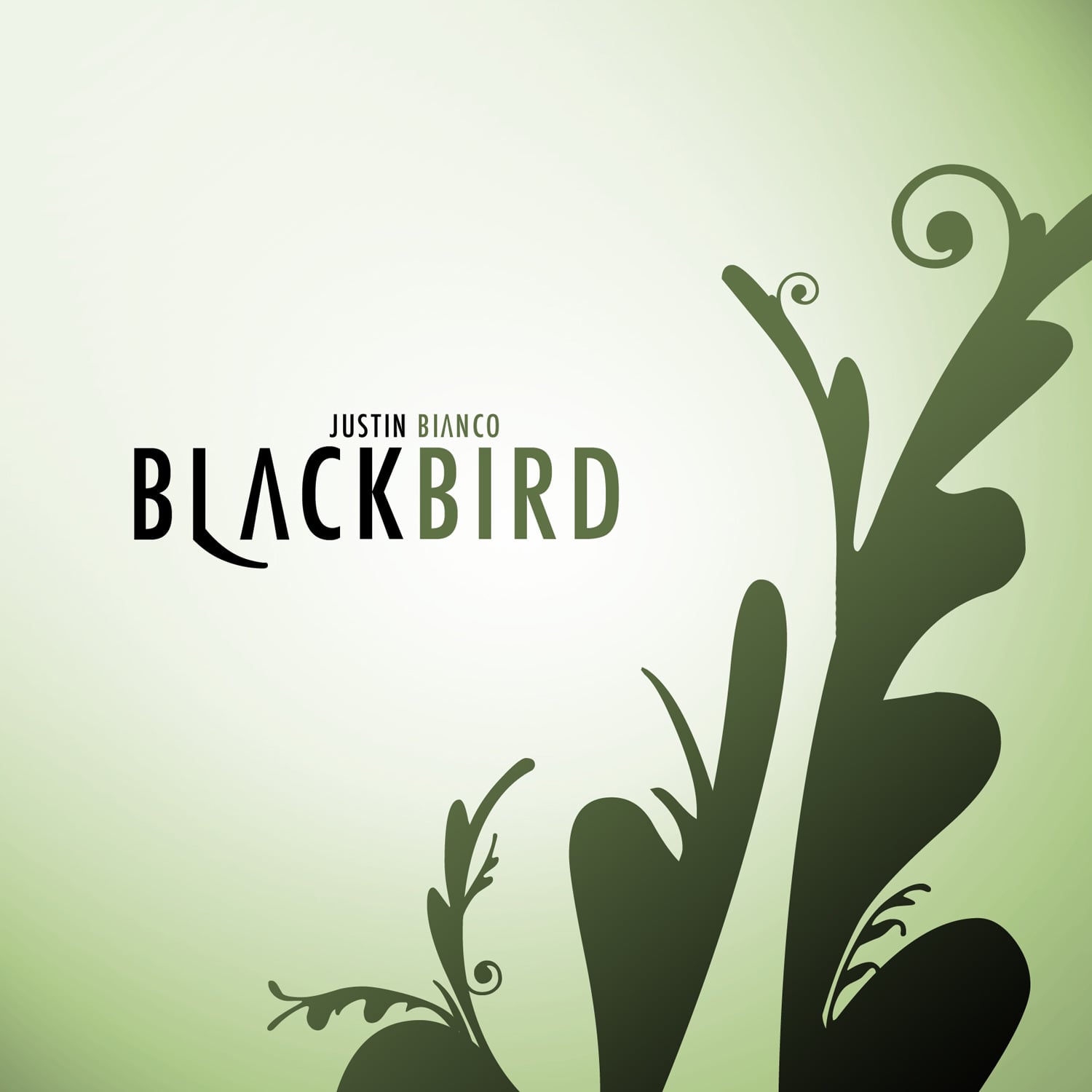
Duality
2006
The second half of Justin's tandem album project, Duality sheds the history of Forge's lifelong compositions and trades them in for the breathing room that allows him to push his boundaries and create new kinds of songs.
The best example of this is Mechani, a rhythmic song that's clearly arranged more than composed, and a satisfying diversion from his usual single-take recordings.
The best example of this is Mechani, a rhythmic song that's clearly arranged more than composed, and a satisfying diversion from his usual single-take recordings.
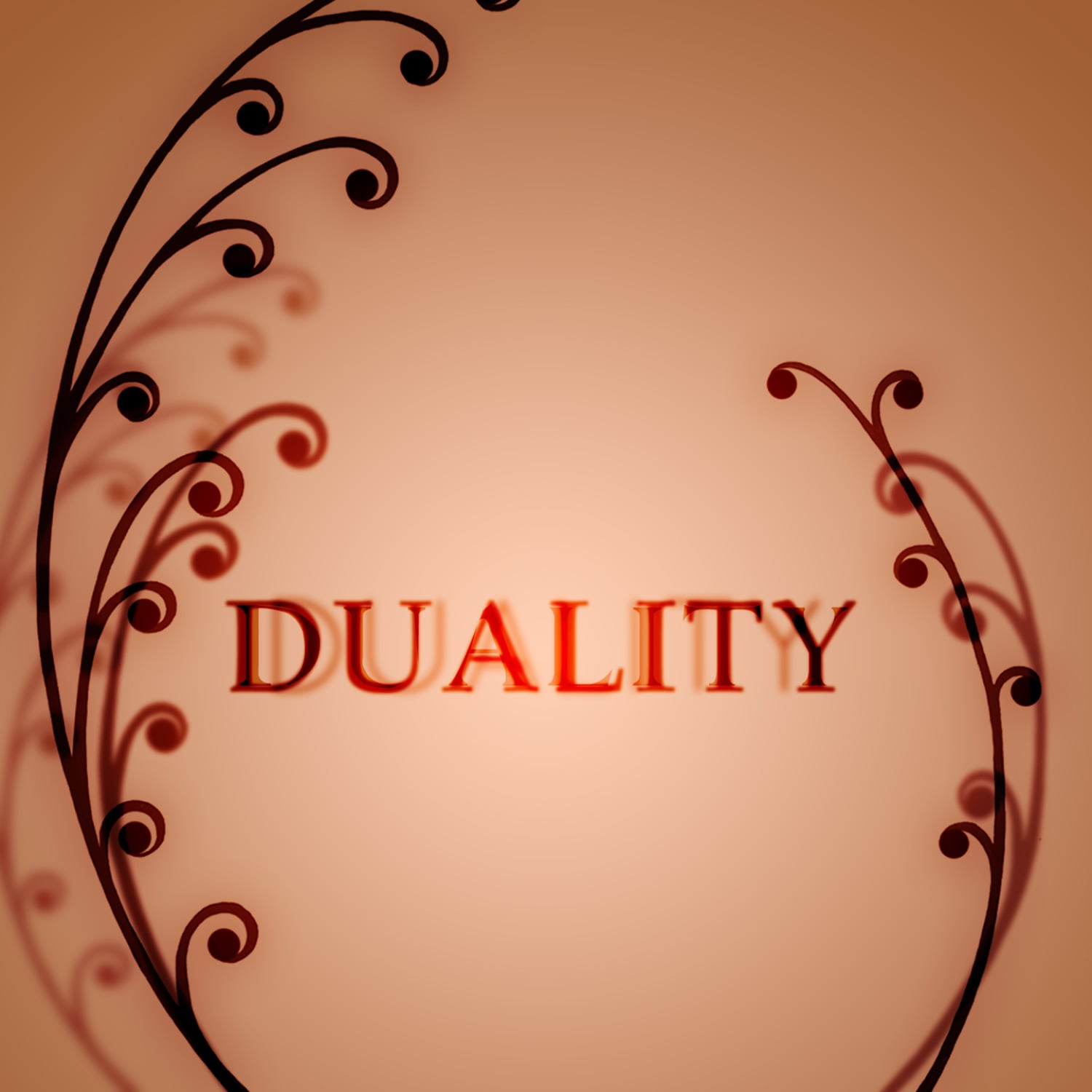
Siren
2006
Justin's musical career has always been defined by his refusal to give up on his love of two often distant genres: his solo piano compositions and his other, more electronic work. Two of his earliest projects, Days and Innocence, attempted to present these two sides in tandem, something he repeats with Siren and its piano follow-up, Duality.
In Siren, Justin literally finds his voice and presents songs that are more intimate, bare, and patient than many of his earlier attempts. The end result is a revealing snapshot of an evolving artist.
In Siren, Justin literally finds his voice and presents songs that are more intimate, bare, and patient than many of his earlier attempts. The end result is a revealing snapshot of an evolving artist.
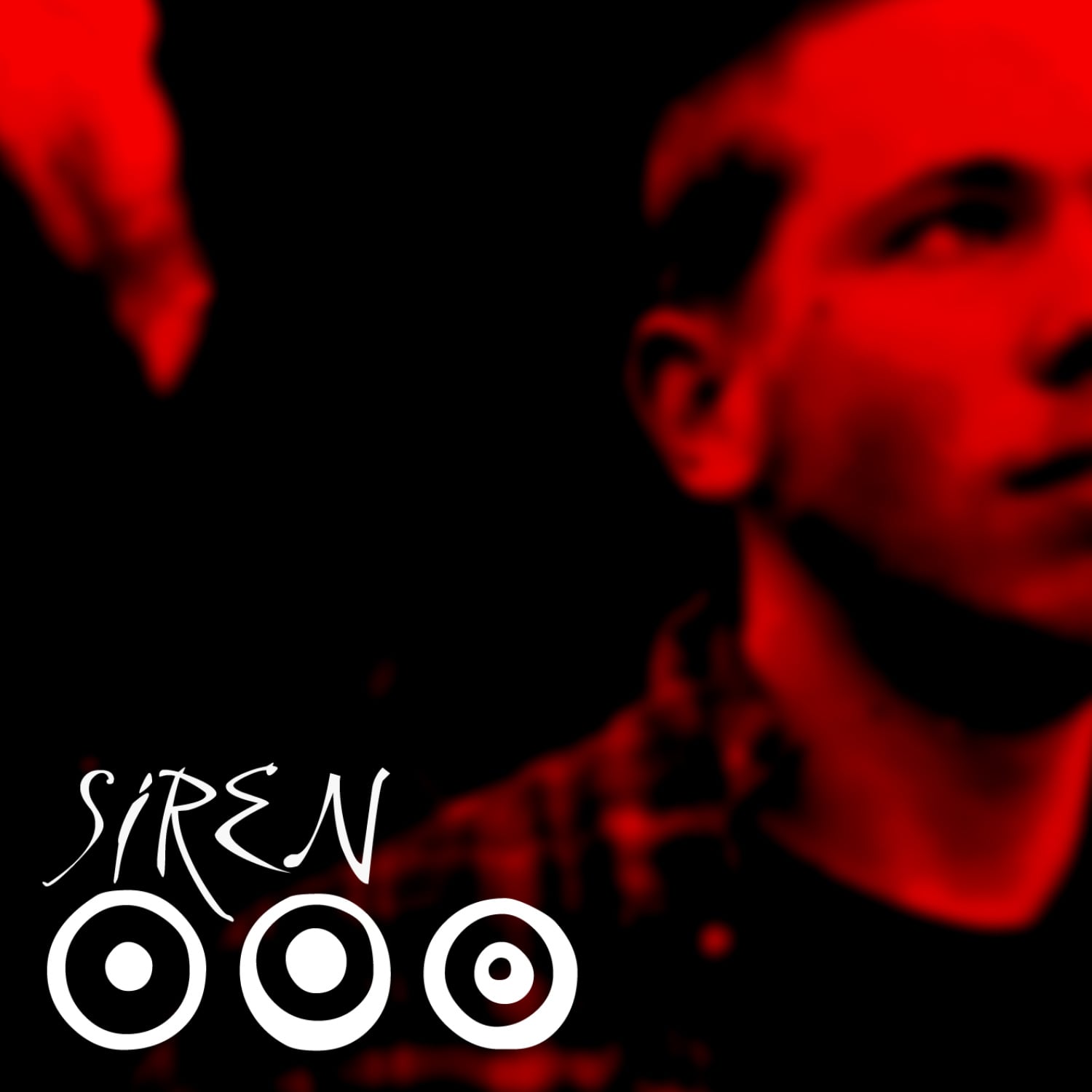
Forge
2006
"...Forge has a spare, modern aesthetic and a gorgeously hushed tone. There's something subtly dire at work in Bianco's otherwise delicate music—a cooly elegant interplay between tranquility and tension throughout." -Magnatune.com
Having spent his youth amassing compositions that existed only within his head, and having attempted to record them several times to varying degrees of success, Forge was in many ways Justin's first true piano album and the start of a flood of music that followed in its footsteps.
Armed with the right tools and the experience of producing several of his own electronic albums under his belt, he set out to finally archive these songs as faithfully as he could. Forge clearly succeeded, quickly becoming and remaining one of his most popular albums.
Armed with the right tools and the experience of producing several of his own electronic albums under his belt, he set out to finally archive these songs as faithfully as he could. Forge clearly succeeded, quickly becoming and remaining one of his most popular albums.
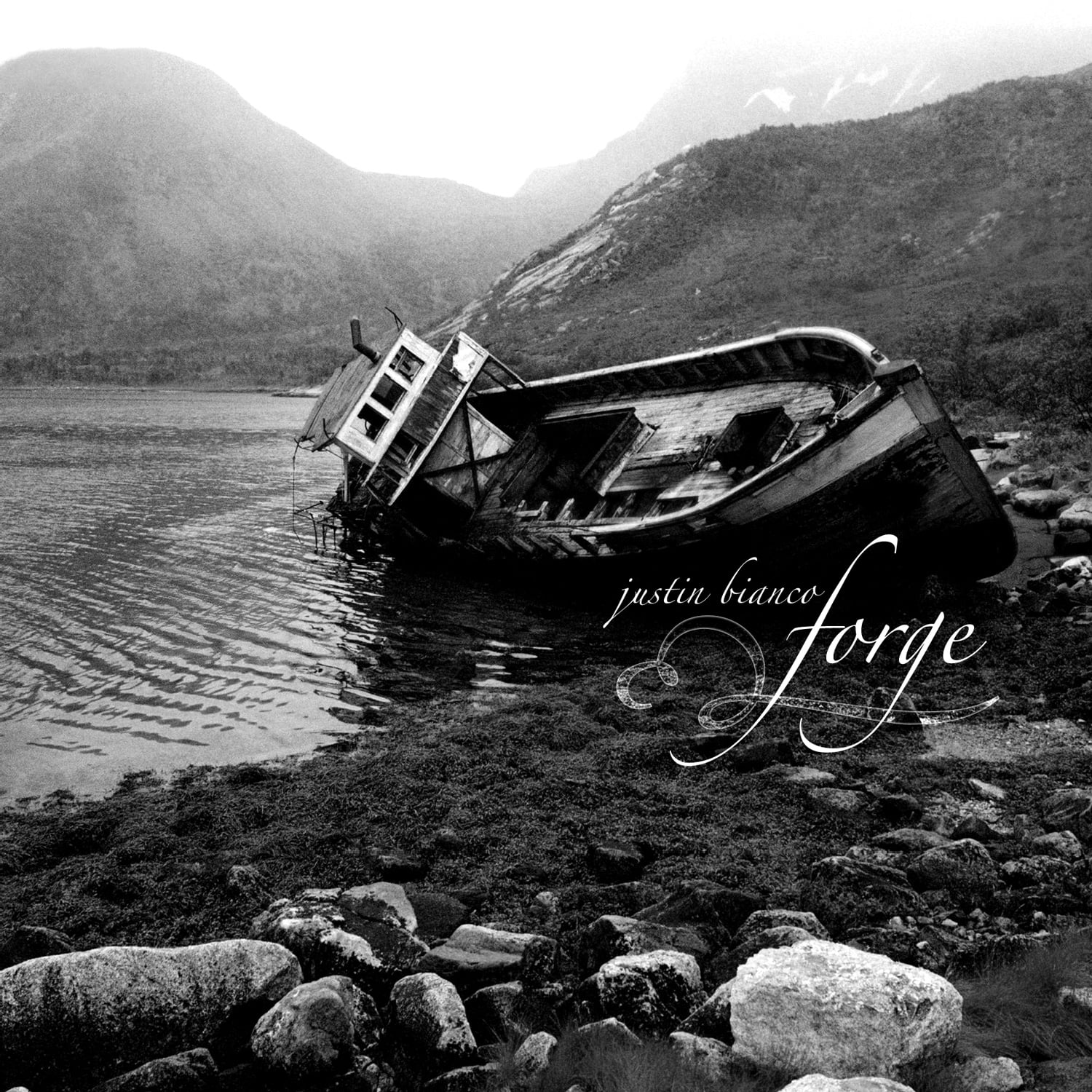
Phoenix
2004

